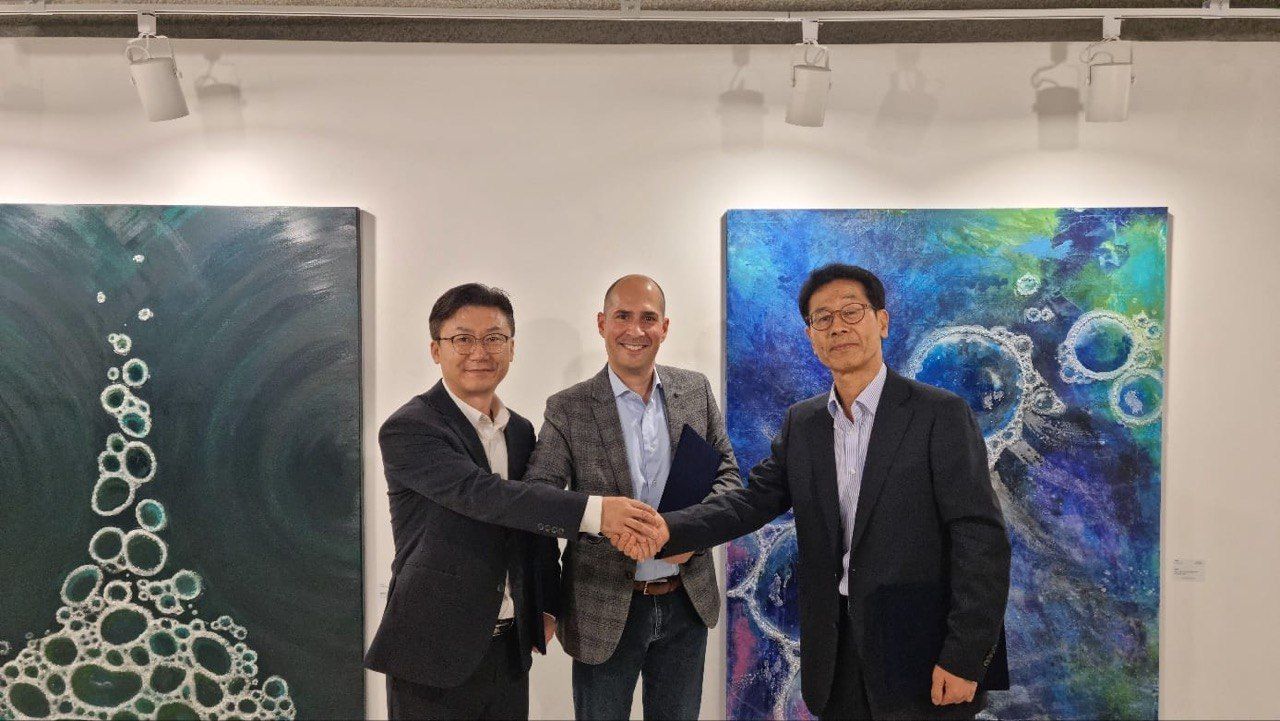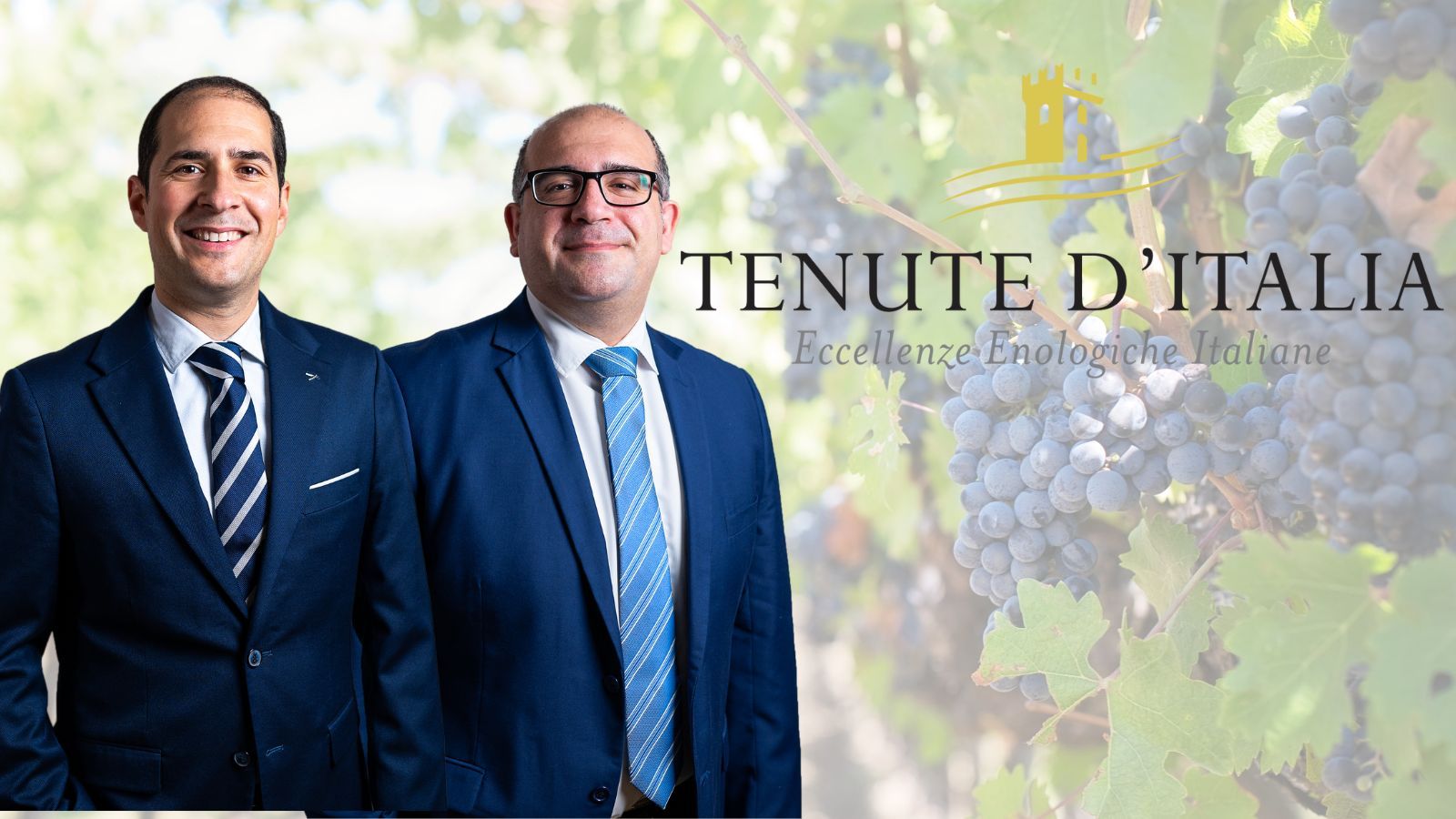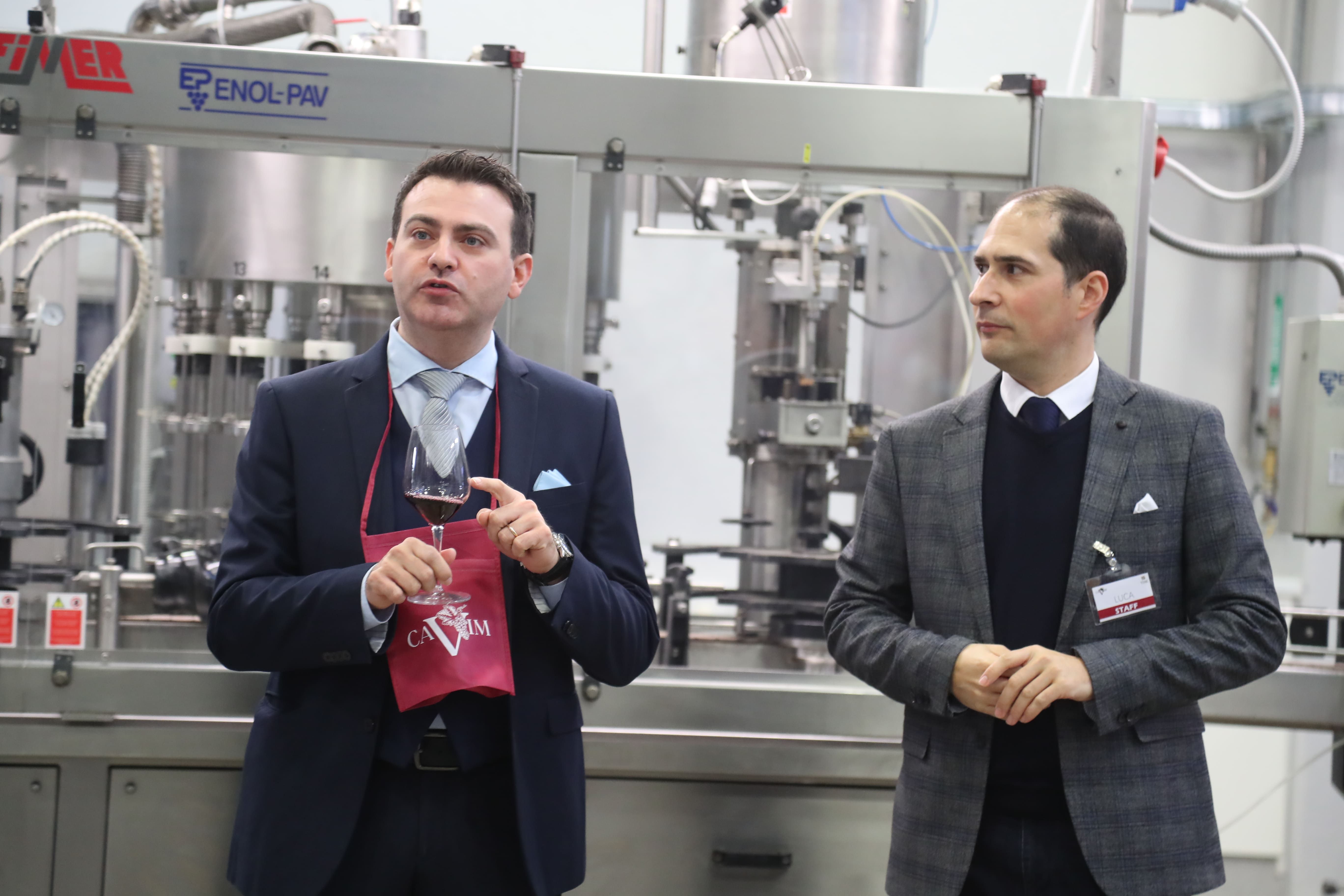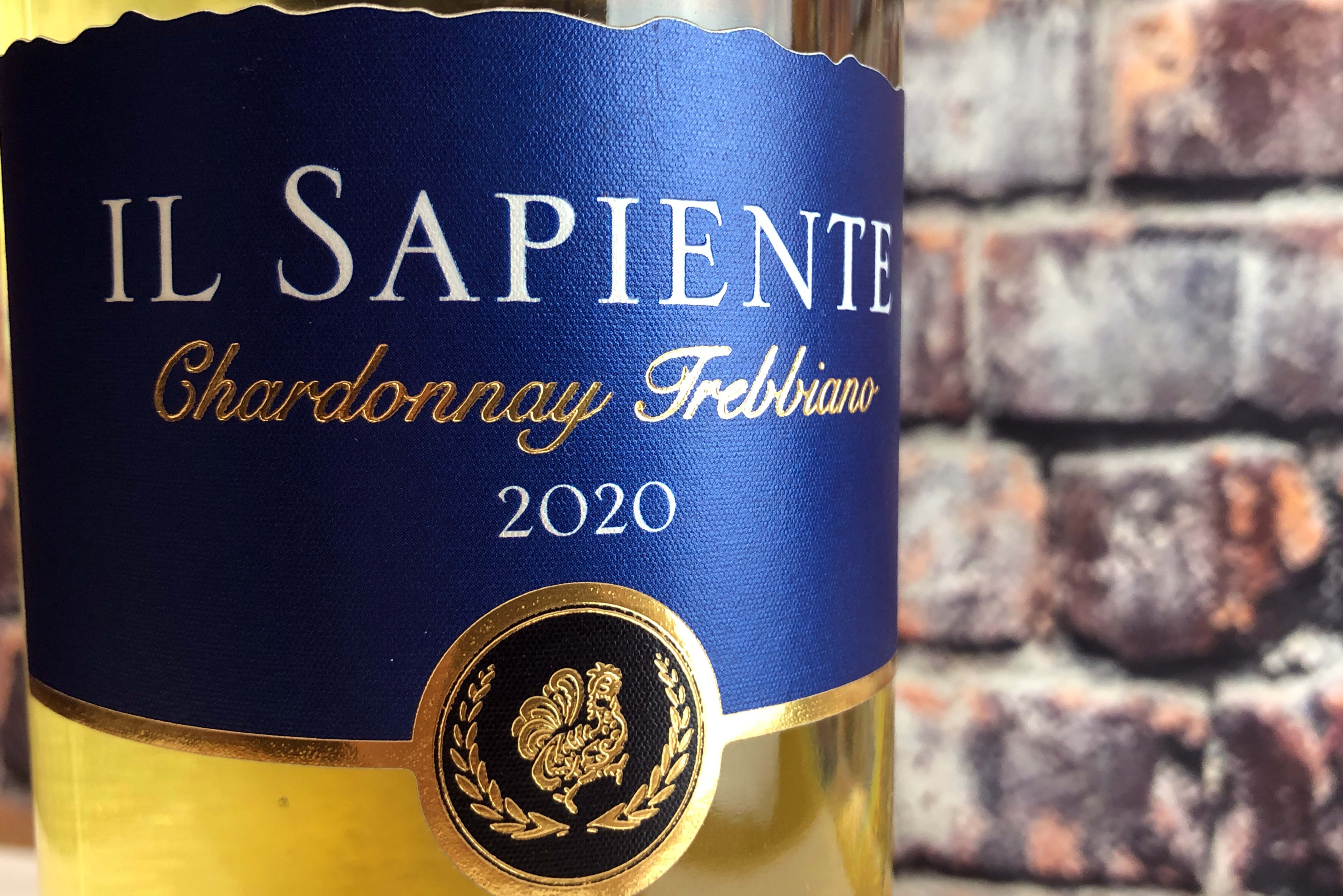Tasting Notes: a Valuable Good Habit

Acquiring a tasting technique means adopting a method that allows us to regulate not only the actual development of our tasting, but also - not to say above all - the impressions and thoughts to which it leads us.
If it is true that each wine offers us an opportunity to learn something new, then we will have to experience each tasting as the addition of a tiny tile to the great mosaic of our experience, and we should not be discouraged by the fact that at the start of our journey all these little fragments may seem very few and far between.
Little by little, as we widen our experience we will in fact notice how it becomes increasingly simple, almost natural, to create ever stronger connections between each wine of our personal repertoire, from which we will be able to take excellent ideas to guide us in drawing up the future itineraries of our journey.
The possibilities are endless: we can decide to start with the discovery of a particular grape variety, discovering the different variations according to the traditional styles and characteristics of each territory, or concentrate on the wines of a specific region to grasp its style, or even explore the numerous characteristics of a particular style of winemaking.
Among the small, simple precautions that we can take to make each stage of our journey even more useful certainly includes the compilation of a veritable travel diary, on which to fix our experience by summarizing the main data. There are many reasons that make tasting notes a valuable good habit for every taster.
Taking notes allows us first of all to give order to our thoughts, helping us to focus our sensations, become increasingly aware of them and thus allow the free flourishing, in all its nuances, of a judgment that goes far beyond the good or bad. We can even experience how these categories end up literally disappearing in the face of our ability to identify the specific characteristics of each wine, or the details that make up its personality and that make it unique and special.
One of the main characteristics of the wine product is the impossibility of replicating it perfectly and constantly. Even companies that carry out very large-scale production have to deal with the absolute singularity of each season and, consequently, with a raw material that is consistent, yes, but never truly identical in its organoleptic characteristics.
Gradually, as we focus more and more on the perspective of craftsmanship, it becomes easy to understand how the imprint of nature and above all the style of each individual producer become even more fundamental elements in defining the identity of a wine.
Our notes will be essential in helping us to reveal both the elements of continuity and the differences that exist between the different wines depending on the criterion according to which we decide to order them (grape variety, vintage, producer, etc.)
One of the experiences which is certainly more educational in this respect may be to taste very similar wines, that is, which present important points in common, but also specific variables. For example, we could taste different vintages of the same product (vertical tasting), or wines made with the same technique by different producers.
Another advantage in putting pen to paper about our tasting experiences is regarding one of the most important arguments in the whole universe of wine, dialogue.
When we taste wine we install a dialogue with it; the wine speaks to us, it tells us a story in which the protagonists are the men and the nature that produced it, and our way of paying tribute to it is to listen to it, picking up the story, and in some way, entering to play our part in it. If learning to taste a wine means learning to listen to it and understand it, with our experience we are not just the recipients but also the bearers of its message.
The English king, Edward VII said “One not only drinks the wine, one smells it, observes it, tastes it, sips it and - one talks about it”
The best part of our journey in discovery of wine is certainly that of dialogue and comparison with other travellers: each one being the bearer of an absolutely personal point of view, the result of their own specific experience and therefore as legitimate as useful to enrich the point of view of the whole community.
Taking notes stimulates us to refine our ability to translate our feelings into words, making us able to share our experience, our point of view, but above all the special subjectivity that, just like a wine, renders us absolutely unique.
Featured
Follow us

Tenute D'Italia is a trade mark of Morini s.r.l.
VAT 00615541208 e 03367140377
Tel +39 0542 641194 - Imola (BO) Italy







